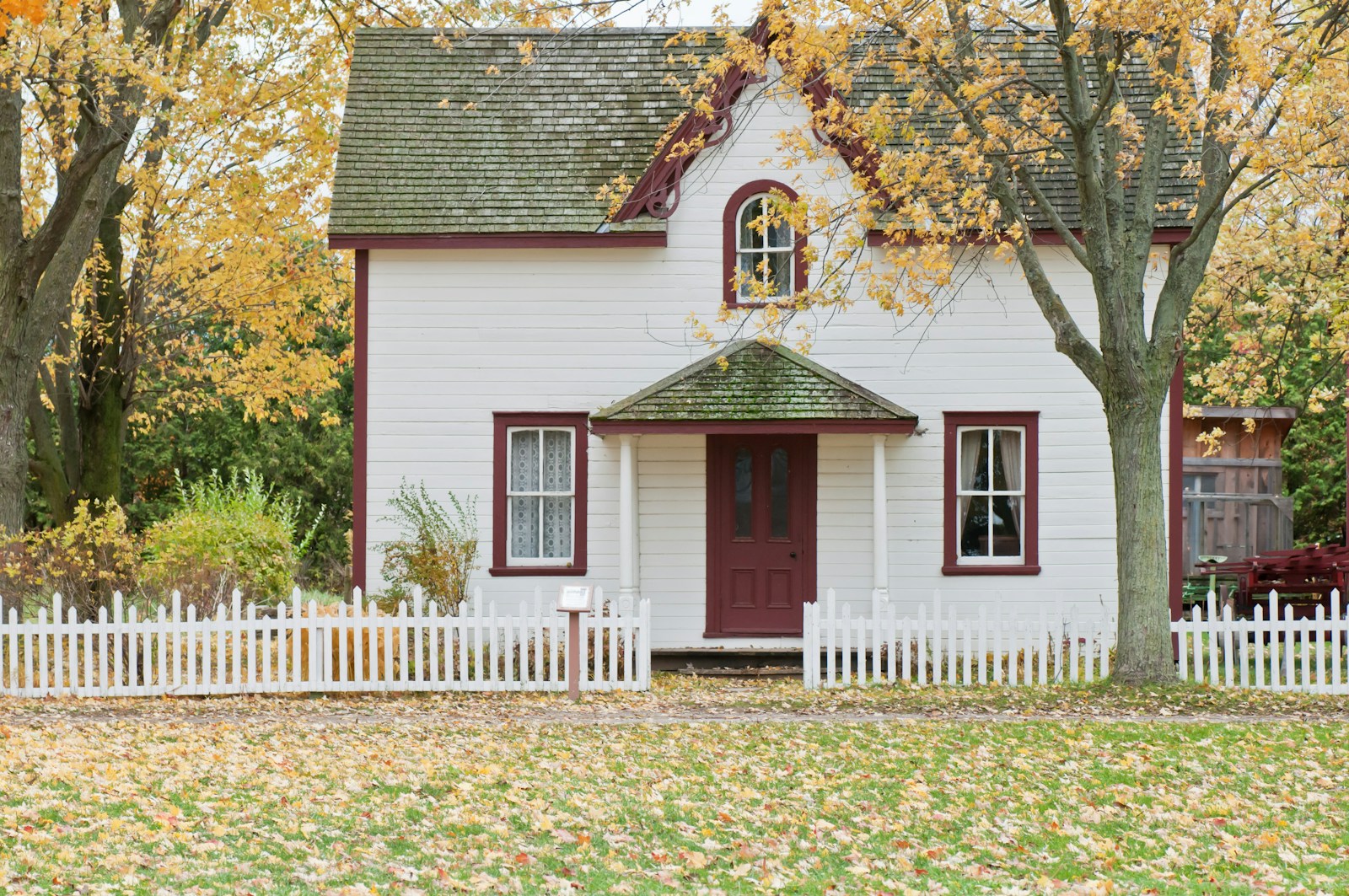When it comes to keeping a two-story home comfortable during hot summers, one common question homeowners face is whether they need a separate air conditioning (AC) unit for the upstairs area. While a central AC system may seem sufficient at first, many people find that the temperature upstairs remains significantly warmer than the downstairs, even when the system is running full blast. This issue can prompt serious consideration about whether a second unit is worth the investment. The answer depends on factors such as home size, layout, insulation, energy efficiency, and comfort preferences.
Temperature Differences Between Floors
Heat naturally rises, which means the upper levels of a home tend to be warmer than the lower levels. This temperature imbalance is often more noticeable in the summer months when the sun beats down on the roof. Even with good insulation, a single-zone HVAC system may struggle to evenly distribute cool air to both levels. As a result, the upstairs rooms can feel stuffy and uncomfortable while downstairs feels perfectly cool.
Pros of a Separate AC Unit Upstairs
One of the main benefits of installing a second AC unit is improved comfort. A dedicated unit allows for independent temperature control upstairs, which can make a huge difference in sleep quality and overall satisfaction. Additionally, a second system can reduce the strain on the existing unit. Instead of pushing one system to work harder, two units can share the load more efficiently, possibly extending the lifespan of both.
Another advantage is energy efficiency. Although adding another unit may seem counterintuitive in terms of saving energy, it can actually lower your bills if done right. Instead of overcooling the downstairs just to make the upstairs bearable, you can tailor each unit to the exact needs of each floor. Zoning systems or smart thermostats can further enhance this benefit.
Cons and Considerations
However, a second AC unit does come with costs. The upfront expense for equipment and installation can be significant, and ongoing maintenance for two systems adds to long-term costs. Also, not every home may need a full second unit. Sometimes, solutions like zoning dampers, improved ductwork, attic fans, or even mini-split systems in specific rooms can solve the problem without requiring a whole new central AC system.
It’s also important to consider the existing system’s condition. If your current unit is old or undersized, it may be smarter to replace it with a properly sized, modern system with zoning capabilities rather than installing a second unit.AC repair in Ogden Utah can help!
In conclusion, whether you need a separate AC unit upstairs depends on your home’s specific needs and your budget. If you regularly experience uncomfortable heat upstairs despite a working central system, and other efficiency upgrades haven’t helped, a second AC unit could be a worthwhile investment. However, before making a decision, it’s wise to consult a qualified HVAC professional to explore all options. Comfort, efficiency, and cost should all be considered when deciding how to cool your home effectively.
